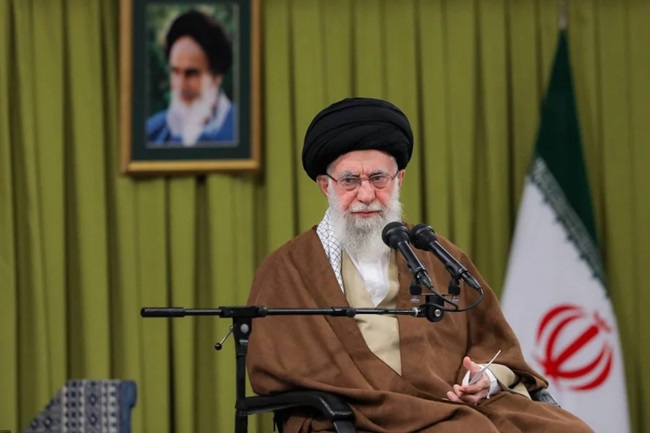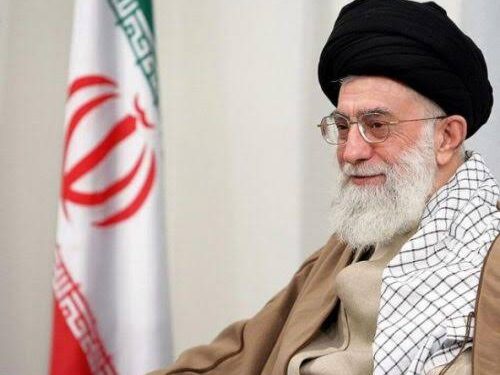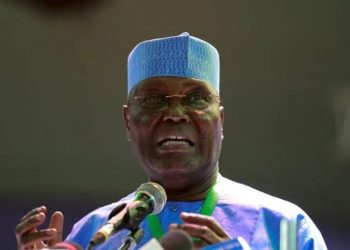Iran’s Supreme Leader Ayatollah Ali Khamenei has addressed the fallout from the ousting of Syria’s Bashar al-Assad. In his speech, Khamenei confidently asserted that the weakening of the so-called “resistance” against Israel would not diminish Tehran’s power. It’s very strange coming from a leader whose strategic ally has been ousted, leaving his “axis of resistance” in disarray.
Khamenei, pointed fingers at the usual suspects, accusing the United States and Israel of orchestrating Assad’s downfall. Without concrete evidence, he also threw shade at an unnamed neighbor, widely interpreted to be Turkey, which has openly supported Assad’s removal.
The ouster of Assad is a significant blow to Iran’s ambitions in the region. Assad’s regime served as a vital link in Tehran’s anti-Israel axis, facilitating weapon supplies to Hezbollah in Lebanon. This lifeline has now been severed, leaving Khamenei’s comment about Iran’s growing power sounding hollow.

If anything, the fall of Assad exposes the cracks in the so-called “resistance,” which includes Hezbollah, Hamas, Yemen’s Houthi rebels, and various Shia militias in Iraq. These groups are united in their opposition to Israel and the U.S., but their effectiveness rests on coordinated support, which Assad’s Syria once provided.
Khamenei’s lament about the state of Syria’s military, describing it as an army that “runs away”—is particularly ironic given Tehran’s role in gearing Assad’s forces during the Syrian civil war. While Iran deployed “military advisers” to aid Assad, that these efforts could not compensate for a regime affected by internal weaknesses and dwindling legitimacy. Khamenei’s admission that Syria might have stood a better chance if “motivations remained the same” within the country is a veiled critique of Assad’s failure to inspire loyalty among his people.
Iran’s Supreme Leader accused the U.S. of seeking control in Syria, Turkey of wanting northern territories, and Israel of taking positions near the Golan Heights. However, he ignored Iran’s own interference, like arming Hezbollah and using proxy militias. Despite its claim of resisting Western plots, Iran struggles with its losses, as Assad’s fall weakens its regional plans. Khamenei’s bold words might inspire his supporters, but they can’t hide Iran’s declining influence.

















